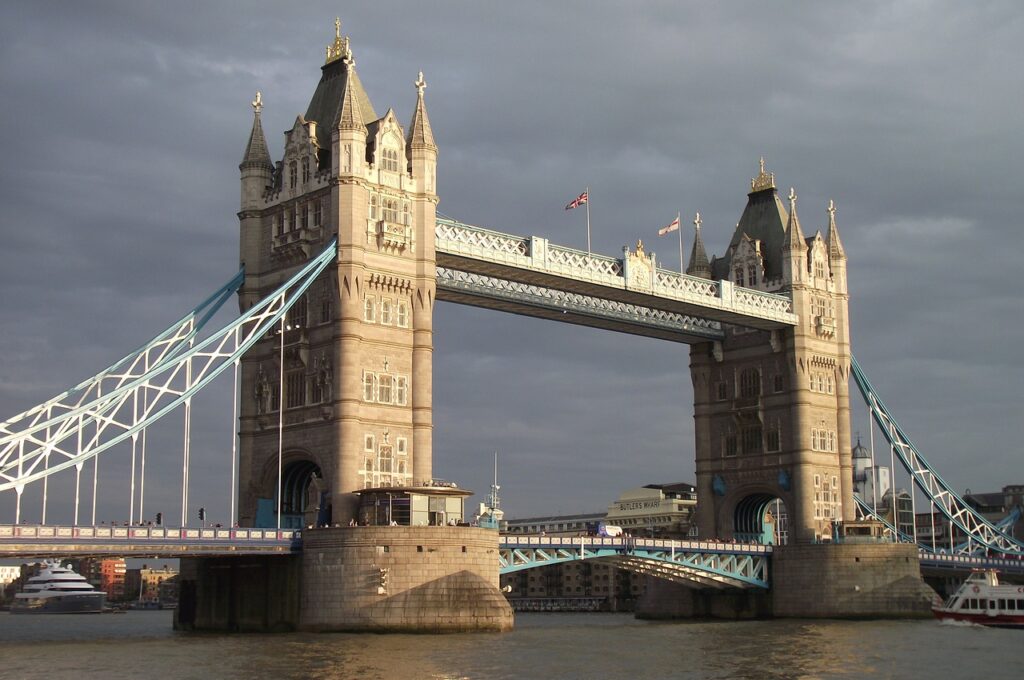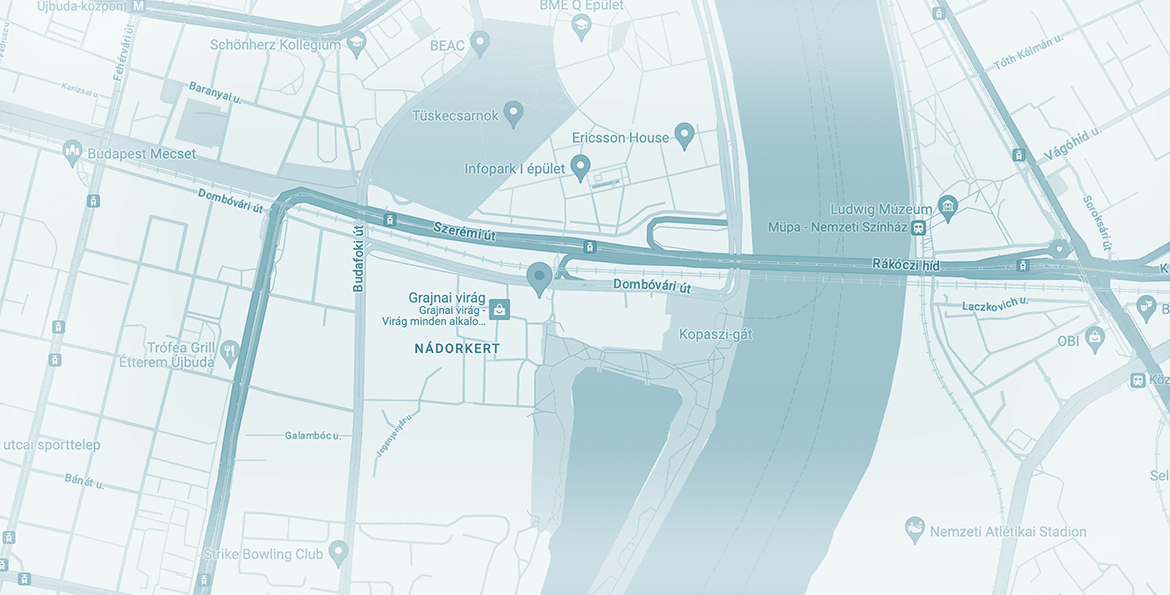
Trading with the UK after Brexit
Since the UK has left both the European Union and the Customs Union, the UK is now officially a third country. In line with this, trading regulations has changed radically after Brexit. Read our quick guide to get up to date.
Since the UK has left both the European Union and the Customs Union, the UK is now officially a third country. In line with this, trading regulations has changed radically after Brexit. Read our quick guide to get up to date.
Situation after Brexit summed up
The UK left the EU on 31 January 2020, and the Customs Union on 31 December 2020. Since then, the UK is considered a third country, so customs and VAT should be handled accordingly.
However, there is an important distinction here. Northern Ireland, while part of the UK, is currently in a curious position.
- For the purposes of trading services, it is treated together with the rest of the UK, as a third country.
- For the purposes of trading goods, it is treated separately, as if it were still a member of the EU.
This system was created mostly to facilitate business between Ireland and Northern Ireland, but they apply to the entire EU. In line with this, EU customs, VAT, and reporting regulations still apply if you are doing business with an entity in Northern Ireland, but only if you are selling or buying goods. This will remain the case at least until 31 December 2024, but this status may be extended.
EU VAT numbers
EU VAT numbers assigned to UK companies starting with “GB” are no longer valid. For trading goods with other EU countries after Brexit, companies located in Northern Ireland should have received a new EU VAT number starting with “XI”.
VAT and customs for trading goods and services with the UK
If you are operating a Hungarian company that sells goods or services to clients in the UK, you should keep in mind the following:
| Selling | Goods (England, Scotland, and Wales) | Services (entire UK) |
| B2B | No VAT on the invoice. The buyer will pay customs duty and taxes in the UK. Place of delivery is in the UK. | No VAT on the invoice. The buyer pays VAT in the UK. Place of delivery is in the UK. |
| B2C | No VAT on the invoice. The buyer will pay customs duty and taxes in the UK. Place of delivery is in the UK. | 27% VAT on the invoice (unless your company is not subject to VAT).* Place of delivery is in Hungary. |
*Some services do not require a VAT invoice. In these cases, place of delivery will be the UK, and the buyer must be pay taxes according to UK law. Such services include consultation and other similar intellectual activities, like marketing services, data management, or translation and interpretation.
If your Hungarian company is buying goods or services from a partner in the UK, you should keep in mind the following:
| Buying | Goods (England, Scotland, and Wales) | Services (entire UK) |
| B2B | No VAT on the invoice. You must pay customs duty and VAT in Hungary. Place of delivery is in Hungary. | No VAT on the invoice. You pay VAT in Hungary. Place of delivery is in Hungary. |
If your Hungarian company is trading goods with a partner company in Northern Ireland, the same rules apply as before Brexit, while the UK was still a member of the EU and the Customs Union.
In any case, consult your accountant
Before doing business with a partner in the UK after Brexit, consult your accountant to see how much VAT and customs duty will apply, and which party must pay it where. The rule of thumb is that your UK buyer must pay taxes in the UK, while you can issue a zero VAT invoice. Special attention must be paid to whether your partner has a seat in Northern Ireland, and if you are providing consultation-like services to individual customers.
Helpers Finance offers accounting services to small and middle-size companies in Hungary, with a special expertise in working with foreign owners. If you want to work with a team that understands not only the intricacies of bookkeeping, taxation, reporting, and compliancy, but also your specific needs, do not hesitate to contact us.
Contact
Get in touch today
Monday - Friday
9am - 5pm CET
Helpers Finance Kft.
Budapart Gate
Dombóvári út 27
Budapest 1117, Hungary
If you’re visiting us, please use entrance A and come to the 2nd floor.



